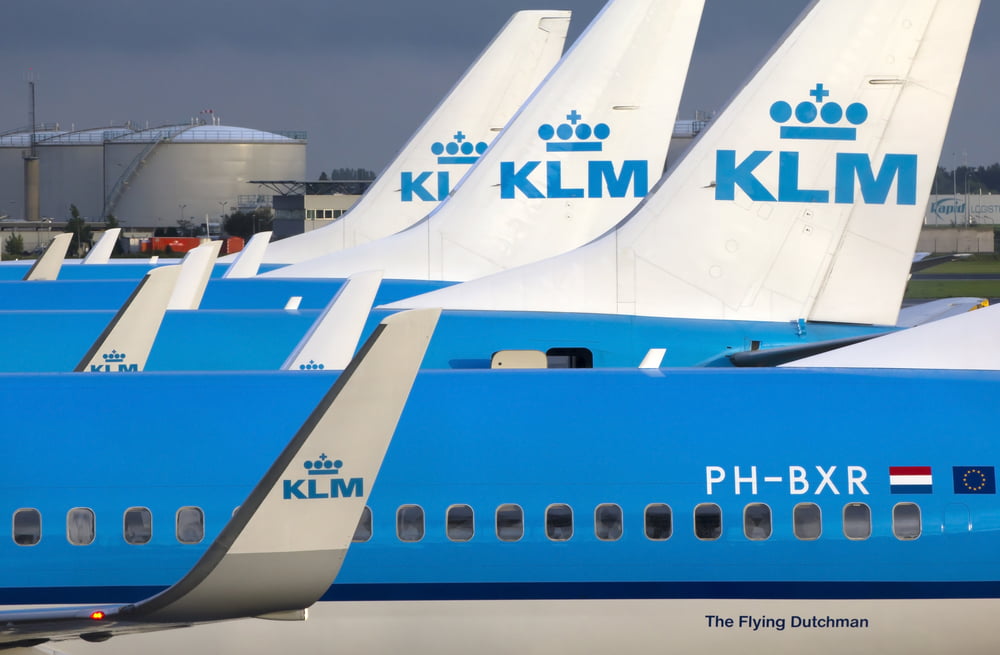Pieter Omtzigt and his party are putting mobility cards on the table. From cycle paths in the city to international train networks, the New Social Contract election program presents a far-reaching mobility vision.
The party is not afraid to take unpopular positions. Everything that the New Social Contract proposes contains a radical but well-considered call for change. It is an outstretched hand to the citizen, a promise for a society that takes into account everyone's mobility needs without neglecting the planet.
At a time when confidence in Dutch politics and administrative order is under serious attack, the New Social Contract party has launched its election program 'Time for Recovery'. Party leader Pieter Omtzigt made a direct connection between the current administrative culture and the benefits affair and the earthquake damage in Groningen. “If nothing changes, the problems will continue to pile up,” Omtzigt warned, “and this threatens further alienation of Dutch society.”
At the unveiling of it program Our editorial staff conducted an extensive search for the vision on mobility, a theme that has a direct influence on daily life and the economy of the country. Because the population is growing and new living and working locations are emerging, the New Social Contract emphasizes the importance of mobility not only as a means of transport but also as a social link. People must be able to move easily to work, visit family and friends, or participate in social activities.
One of the spearheads is to promote the bicycle as a realistic alternative to cars and public transport, especially in urban areas. In this light, the party strives for better cycling routes and expansion of bicycle parking facilities at public transport junctions. Far from the cities, the party sees little point in kilometer charging for cars, due to the lack of alternatives in the countryside.
Regarding public transport, New Social Contract wants to invest in high-speed options between major cities. The party is against rush hour charges and is investigating the possibility of a monthly ticket for unlimited travel during off-peak hours, following the German example. New railway lines such as the Lely Line and the Lower Saxony Line are also part of the plan to improve the accessibility of the north and the northeast.

The party also makes room for investments in major road maintenance and wants to tackle bottlenecks in traffic flow. What is special is the intention to consider alternatives for the widening of the A27 near Amelisweerd, something that environmentalists will undoubtedly see as a victory.
Aviation remains a concern, but the New Social Contract approaches it from a new angle. NSC also proposes to restrict aviation by advocating taxes and duties on airline tickets and kerosene. The party also wants to cancel night flights from Schiphol and wants to keep Lelystad Airport closed to commercial civil aviation. At the same time, the party wants to shift the focus to more sustainable options, such as electric flying and hydrogen as fuel.
In line with sustainability objectives, the New Social Contract focuses on promoting inland shipping and rail as alternatives to road transport, with special attention to improving infrastructure. The transport of hazardous substances through pipelines is also being developed as a fully-fledged alternative, in the light of the energy transition.
Throughout its many facets, the New Social Contract election program offers a well-thought-out vision of how mobility in the Netherlands can and must change, not only to improve infrastructure and accessibility, but also to tackle social and ecological problems.



